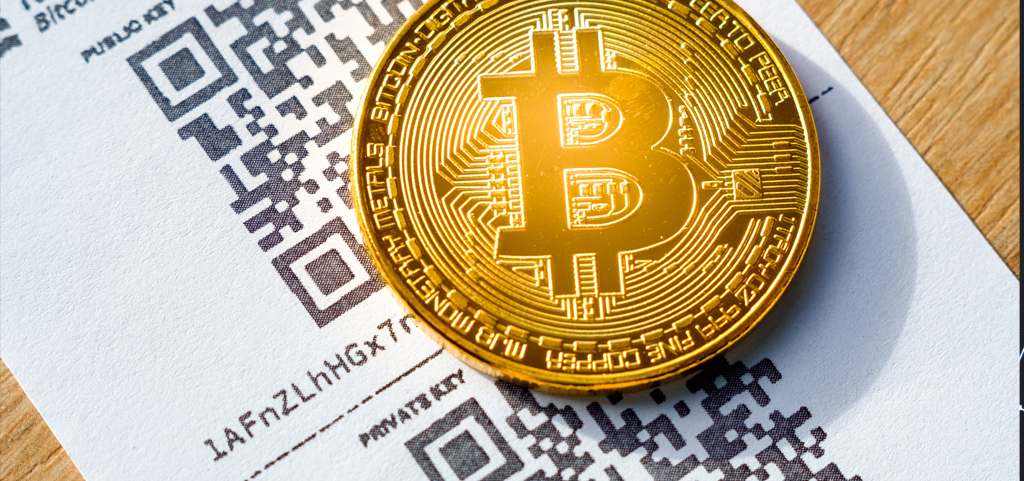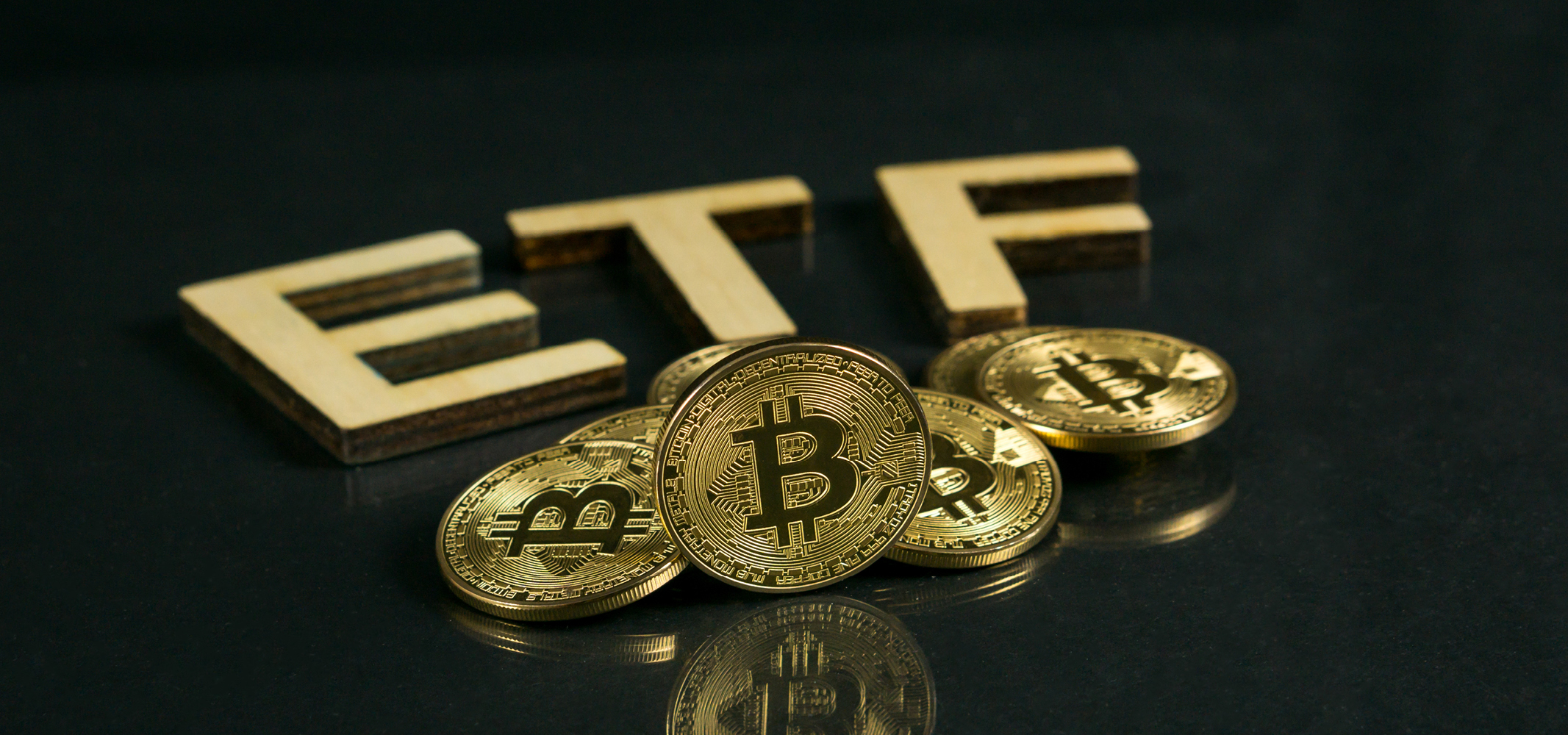The argument that the custody of Bitcoin is a complicated matter is persistent. However, there are now numerous apps for desktop and smartphone that make creating a wallet child’s play. The problem is that since smartphones and PCs are usually connected to the Internet, storing Bitcoin on these devices is associated with an inherent risk. Stock market hacks, SIM swaps, the loss of a smartphone or laptop, as well as malware attacks, endanger access to the deposits. One thing is certain: Keeping the private keys to your Bitcoin assets properly is a skill that must be learned. One of the more secure methods is to create a paper wallet.
If higher sums are involved, it is recommended to store the private keys offline. This is exactly what a Paper Wallet allows. Besides the public Bitcoin address, it also contains the private key for it. In a way, it is comparable to having your e-mail address and password on a piece of paper.
You can read how to create a Paper Wallet in another blog post: https://blog.assetbench.org/how-to-create-a-paper-wallet/?lang=en









Leave A Comment
You must be logged in to post a comment.